Best of the Year – 2020
First, it is an honor to be asked by Roger to submit some thoughts on the year in film music. The past year will likely be one of the most unusual all around, and no less so for film. With most theaters closed and festivals cancelled throughout 2020, the industry moved to streaming options on a host of platforms. A rather unusual side-effect was that a number of “new” composers’ work got a wider audience than it might otherwise have had. This year also makes me reflect on a sense that a great deal of film music continues to be rather generic in its approach—that is to say, one cue feels just as easily applicable to any other part of a film. However, one could argue that this is often the case throughout the history of film music with some very rare exceptions being able to rise beyond their original intent. For example, choose any genre film in the 1940s/1950s and you will find quite competent composers churning out music indistinguishable from one film to the next—unless, of course they manage a recognizable thematic idea. I share this because it is too easy to be dismissive of the new crop of composers struggling to demonstrate their skill and have a voice of their own that can sneak through.
FIVE SCORES from 2020 (alphabetical order)
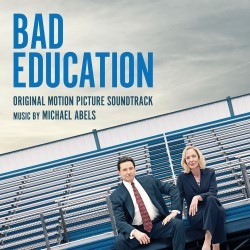
Michael Abels continues to impress with his film work. He is an established concert composer and it shows in his brilliant orchestral writing. In his horror genre films for Jordan Peele (US, GET OUT) one hears the more contemporary scoring approaches of concert music melded into dramatic effect. For BAD EDUCATION (2019)—released on HBO—he shows off stunning stylistic acquisition. Abels infuses the score with a hybridization of Mozart and Beethoven filtered through his own dramatic writing for an effective score with a different musical requirement than heard earlier. The only unfortunate thing is that this is a fairly short endeavor of about 19 minutes. Abels work is also opening the door for kindred spirits in composers like Kris Bowers whose film work is equally impressive (his BAD HAIR score is another fine score from the year).
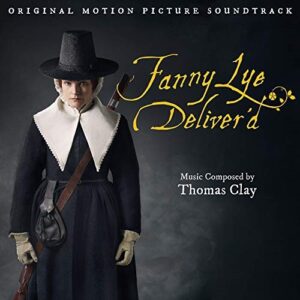
Another score that provides hints at past musical styles appears in FANNY LYE DELIVER’D (2019). Thomas Clay’s second feature film score features some rather fabulous choral writing and a host of period instrumentation (the film is set in 1657) that lend a late-Renaissance feel at times and Baroque in others. But it is the assured orchestral writing where the score equally shines. “The Ceremony” is a 6-minute suite-like track that provides a perfect overview of Clay’s music that has modern compositional techniques blended with these earlier period musics as well as some folkish suggestions to boot. The themes also help pull the score together. It has a dark, LION IN WINTER vibe (with maybe a little Nascimbene) which makes this a compelling score.
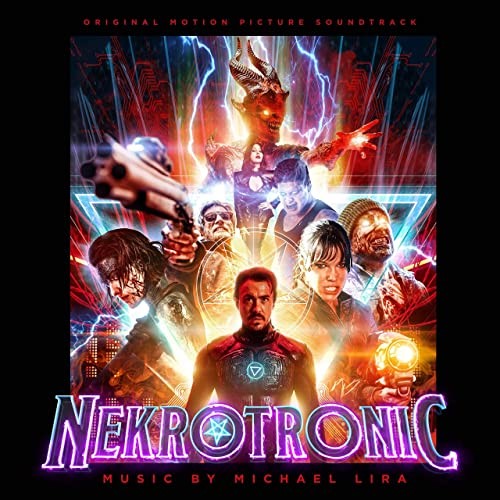
Michael Lira is another composer who has worked in television and horror films. NEKTRONIC is a 2018 film that appeared last year and features a somewhat comedic-horror blend. The album itself begins with an orchestral rock and thrash style that seems like it will be completely devoid of much interest, but the score is worth hanging in there for because Lira’s score displays a great deal of wit even when he is exploring demonic choral writing! The score feels like a blend of Shirley Walker’s DC animated series work with suggestions of things like Elfman’s THE FRIGHtENERS and a dash of Giacchino-like orchestral style. It is Lira’s thematic development that helps also lift the score above the fray with equally fine action horror scoring as well. The orchestration of the score is equally fascinating and all these things combined make this a more guilty pleasure of the year.
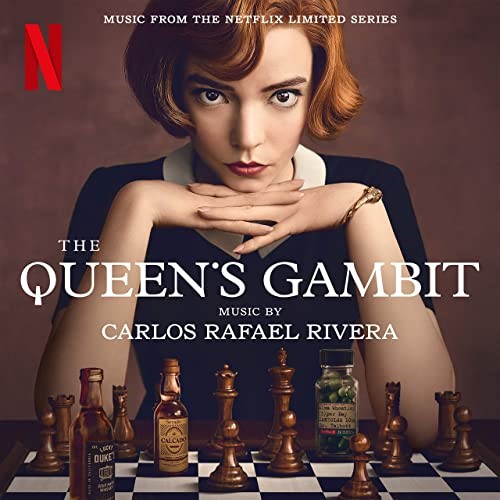
For sheer beauty, one need go no further than this Carlos Rafael Rivera score for the Netflix limited series THE QUEEN’S GAMBIT (it is perhaps the finest score of the year). Rivera is a protégé of Randy Newman as well as a concert composer and his composition skill shines with Neo-Classical styles and blends of contemporary scoring that explore motivic and textural writing. The piano themes are quite memorable, but it is Rivera’s stunning harmonic writing that listeners can really begin to appreciate the sheer beauty of this score. It is a score with one gorgeous moment after another with some equally tense dramatic underscoring that lifts this score above the fray. With a style that lands along composers like John Lunn, Maurizio Malagnini, and Dario Marianelli, Rivera becomes a composer to keep an ear and eye on in the years ahead.
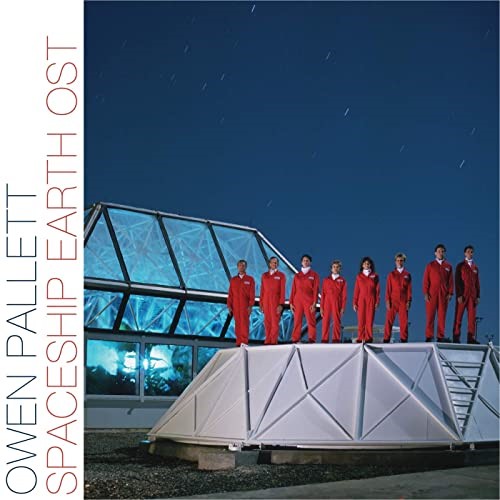
Documentary scores can be places for composers to explore styles and take a few risks. In SPACESHIP EARTH, Owen Pallet creates a score that blurs electronics in amorphous textures but also explores Americana-style writing, some post-minimalism, and warm thematic material. Spread throughout the score is a mini-symphony of sorts (“Biosphere”). There are some nods to Shostakovich as well in cues like “Test Module”. Beyond the beauty of the score are equal moments of playful rhythmic invention and orchestral color that makes for a fascinating work.
BEST CLASSIC SCORE RELEASES
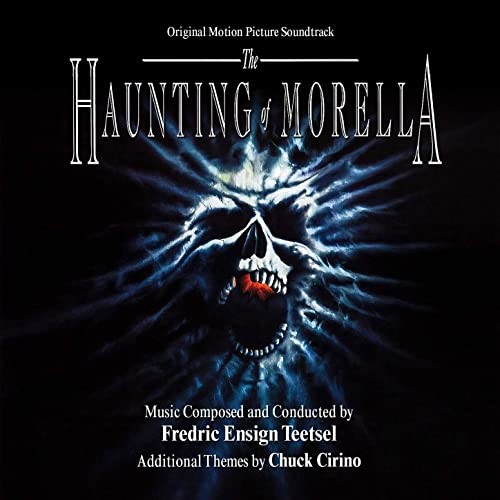
Dragon’s Domain Records has a steady stream of unique scores deserving attention. In 2020, they released more of Franz Waxman’s documentary scores which I could easily have chosen for one of the best of the year in this category. But THE HAUNTING OF MORELLA (1990) is one of those B-movie throwbacks to the Hammer and API horror films. It is also an important release by composer Frederick Ensign Teetsel who spent the 1980s writing jingles in the Scottsdale, Arizona, market. This is one of only two features he scored, taking over duties for Chuck Cirino who was working on another film (though some of his material is also included here). At least Teetsel managed to get a live orchestra to record his wonderfully Gothic horror score with its equally semi-romantic threads that are buoyed by his orchestral writing. The music really makes you want to seek out this low-budget Poe adaptation, but it might be the best part of the project and is certainly worth seeking out for any fans of Gothic horror scores.
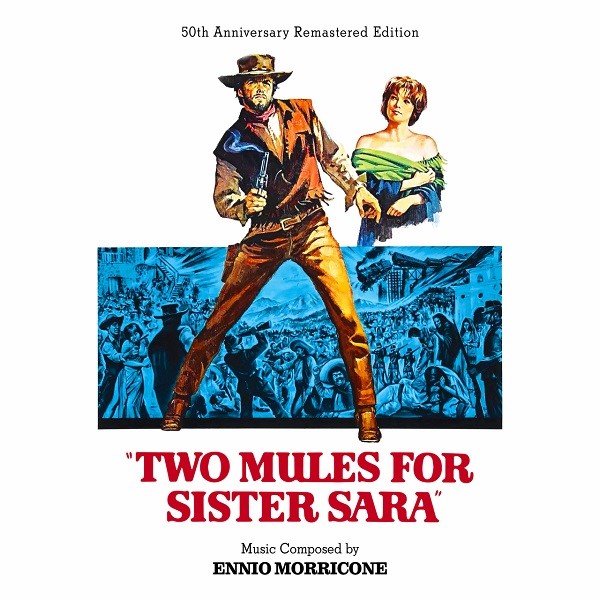
BEST COMPILATION RELEASES
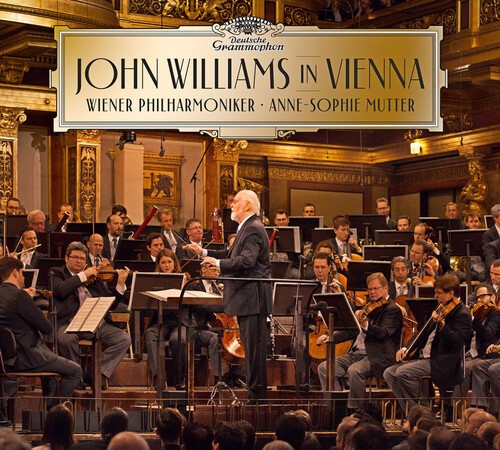
There were a good number of compilation releases in 2020 and I want to highlight two of them. It would be remiss not to have this historic concert captured by Deutsche Grammophon in January 2020 on a “best of” list. Most of us certainly hope that Maestro Williams will be able to return to the podium again soon and record more of his wonderful music, but who knew that not long after this the entire world would shut down due to the pandemic. The concert is available as a Blu-Ray which shows you how much fun the musicians are having. There is also a sense of respect for Williams that seems to come through as well for this “commercial music”. The orchestra sounds wonderful and while there are a few unusual idiosyncrasies along the way, this set contains some of the finest sounding and best performed music from the composer’s most famous pieces (some certainly in the “definitive” category). Ann-Sophie Mutter is on hand to perform some of the transcriptions that appeared on 2019’s ACROSS THE STARS as well, but it is the purely orchestral excerpts (like the Close Encounters Suite) where things really enthrall the listener as if this is new music.
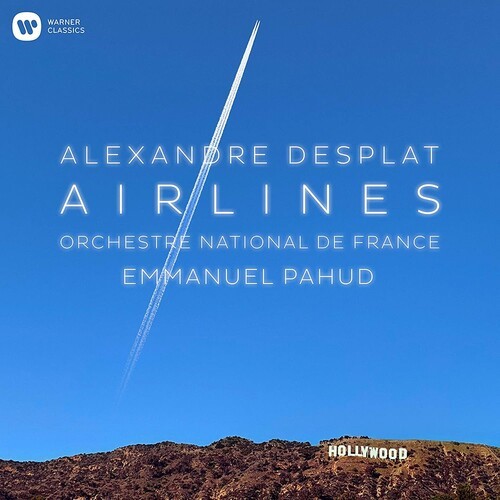
…..
For the better part of two decades, I have been reviewing both old and new film music. Out of all those years, this one’s selections feels like the most esoteric of them all. While they are all quite excellent in their own right, I cannot see really any of them sticking in the memory of music lovers (though Rivera’s may be the one that comes closest to achieving that based on the popularity of the series itself). That said, fans of film music will hopefully be open to exploring some of these unknown composers and their work.
